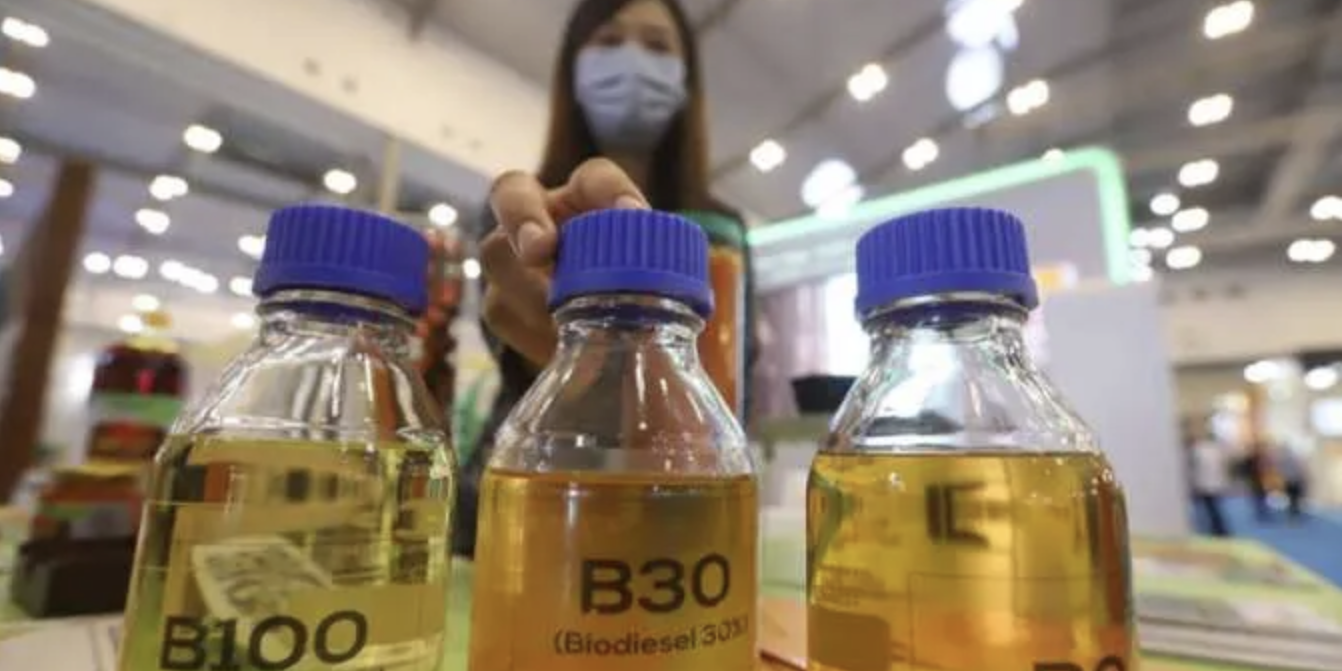JAKARTA (July 24): Indonesia, the world’s biggest palm oil producer, is testing fuel with a view to increasing to 40% from 35% the share of palm-oil blended into biodiesel next year, the energy ministry said. If implemented, the B40 mandate could increase biodiesel consumption to up to 16 million kilolitres (KL) next year, the ministry said, from 13 million KL estimated to be consumed in 2024. “We hope the trials could be finished in December, so that full implementation of B40 could be carried out in 2025,” energy ministry senior official Eniya Listiani Dewi said in a statement on Tuesday.
The Indonesian Biofuel Producers Association (APROBI) said the industry had the capacity to meet B40 demand, with installed capacity expected to rise to 20 million KL annually next year from 18 million KL now. “However we will need more raw materials to meet B40 demand,” Ernest Gunawan, the secretary general of APROBI told Reuters on Wednesday.
The biodiesel industry would need 13.9 million metric tonnes of crude palm oil to produce 16 million KL biodiesel next year, from the estimated 11 million tonnes needed this year, he added. Indonesia’s biggest palm oil association Gapki said a decline in exports meant there would be enough raw materials to supply the B40 mandate for now. But the industry would need to assess “which one would be more valuable”, Gapki chairman Eddy Martono said, referring to the possibility an increase in exports would make supplying the domestic market less viable.
Indonesia’s palm oil output is estimated to reach 54.4 million tonnes in 2024, a 2.26% increase from last year, while exports are expected to decline by 2.47% to 29.5 million tonnes as domestic consumption rose, driven by biodiesel mandate. The ministry had tested the biodiesel, mixed with 40% of palm oil, on a train for the first time earlier this week, while planning to test the B40 mix on agriculture machinery, power plants and in the shipping industry, it said.
Source: The Edge
Disclaimer
This article may contain copyrighted material, the use of which may not have been pre-authorized by the copyright owner. This material is made available for the purpose of giving information and knowledge. The material contained on the Astra Agro website distributed without profit. If you are interested in using copyrighted material from this material for any reason that goes beyond ‘fair use’, you must first obtain permission from the original source










